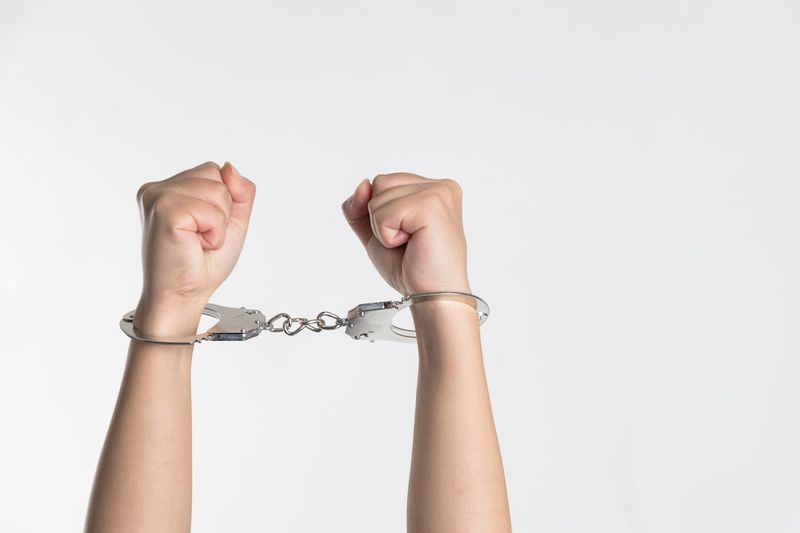Table of Contents
US Imposes Sanctions on Abusive Commanders in Sudan: Crucial Step Toward Accountability for Rapid Support Force Abuses
Overview
The United States government has taken a significant step towards accountability for human rights abuses and war crimes committed by the Rapid Support Forces (RSF) in Sudan. The US Department of the Treasury has imposed sanctions on Abelrahim Hamdan Dagalo, a senior leader in the RSF, and the brother of RSF’s leader, Mohamed Hamdan Dagalo. Additionally, the US State Department has imposed visa restrictions on Abdul Rahman Juma, an RSF commander in West Darfur state. These sanctions mark the first targeted measures against individual Sudanese officials during the current conflict.
The Context
The conflict between the Sudan Armed Forces and the RSF erupted on April 15 in Khartoum, the capital of Sudan. Both sides have displayed a flagrant disregard for the laws of war, using heavy explosive weapons in densely populated areas. The RSF has been involved in widespread looting and rape. In West Darfur, the RSF and its allied militias have been responsible for the destruction of entire villages, targeting non-Arab communities through ethnically motivated killings and sexual violence. This conflict has not only affected Khartoum and West Darfur but has also spread across Sudan, posing a threat to regional stability and resulting in the displacement of approximately 7.1 million people.
The Significance of Targeted Sanctions
Targeted sanctions play a crucial role in conflicts such as the one in Sudan. They serve to weaken the financial resources of those responsible for grave abuses, acting as a deterrent against further abuses. These sanctions also send a message to the international community that it is closely monitoring the situation and is prepared to take action. It is imperative that governments and financial institutions closely monitor the implementation and enforcement of these sanctions to ensure maximum impact.
The Path Towards Accountability
The US government’s decision to impose sanctions represents a significant stride towards accountability for human rights violations in Sudan. The US government should build on this momentum by pursuing additional sanctions against other perpetrators of abuses. Furthermore, it should consider designating a special envoy for Sudan, rallying support for the establishment of an independent investigative mechanism at the United Nations Human Rights Council, and advocating for a countrywide arms embargo at the UN Security Council.
Lessons Learned from Previous Actions
In 2004, the US government recognized that genocide was occurring in Darfur and subsequently provided over $5 billion in assistance and imposed sanctions on 160 individuals and entities responsible for this atrocity crime. This previous example highlights the potential impact that bold moves by the US government can have in addressing human rights abuses. It can act as a template for further action and increase the pressure on those perpetrating violence and human rights violations in Sudan.
Editorial
The imposition of sanctions on abusive commanders in Sudan is a critical step towards accountability and justice. It sends a clear message that the international community will not tolerate impunity for those committing serious human rights violations. Such measures have the potential to weaken the financial resources of individuals responsible for atrocities, reducing their ability to carry out further abuses.
However, sanctions alone are not sufficient to achieve long-lasting change. It is essential that additional measures are taken to ensure accountability, including the establishment of an independent investigative mechanism and the implementation of a countrywide arms embargo. The appointment of a special envoy for Sudan can also facilitate diplomatic efforts to support a peaceful resolution to the conflict.
It is important for the US government, as well as other international actors, to remain vigilant and actively monitor the enforcement of these sanctions. Close scrutiny will ensure that the sanctions have the maximum impact and serve as a deterrent against future human rights abuses.
Advice
Individuals and organizations concerned about human rights violations and the ongoing conflict in Sudan can contribute to bringing about change. Donations to reputable organizations working in Sudan, such as those focused on human rights, humanitarian aid, and peacebuilding efforts, can help support initiatives towards accountability, justice, and the protection of vulnerable populations.
Additionally, individuals can engage with their elected representatives and advocate for continued pressure on the Sudanese government to end human rights abuses, support peace negotiations, and promote the implementation of accountability mechanisms. By voicing concerns and demanding action, individuals can play a part in encouraging the international community to address this crisis effectively.
Overall, the imposition of sanctions on abusive commanders in Sudan represents an important step towards accountability and justice. However, sustained efforts are necessary to address the root causes of the conflict and ensure a lasting resolution that safeguards the rights and security of all Sudanese citizens.

<< photo by niu niu >>
The image is for illustrative purposes only and does not depict the actual situation.
You might want to read !
- Zimbabwe’s Crackdown on Human Rights Lawyers: A Disturbing Blow to the Rule of Law
- Exploring the Growing Challenges of Cluster Munitions: New Use and Transfers
- Zimbabwe: The Dark Shadow Cast on Mnangagwa’s Inauguration by Arrests and Torture of Political Activists.
- Russia’s Cluster Munition Denial: Unmasking the Truth
- War Crimes and Crimes Against Humanity: Unveiling Eritrea’s Actions in Ethiopia
- Bridging Freedom and Justice: The Urgent Call to Release Prominent Scholar Gubad Ibadoghlu
- Global Consequences: The Looming Catastrophe of G20’s Inaction on Climate and Debt Crises
- Europe’s Sex Worker Rights: A Pivotal Moment of Recognition and Reform
- Protecting Vulnerable Communities: Cyprus Authorities Must Take Action Against Racist Attacks
- Georgia Takes a Stand: A Landmark Win for Labor Rights and Transparency
- “Towards a Plastic Revolution: The First Step Towards Reducing Production”
- Egypt’s Crackdown on Dissent: Prosecuting Prominent Critics for Peaceful Speech